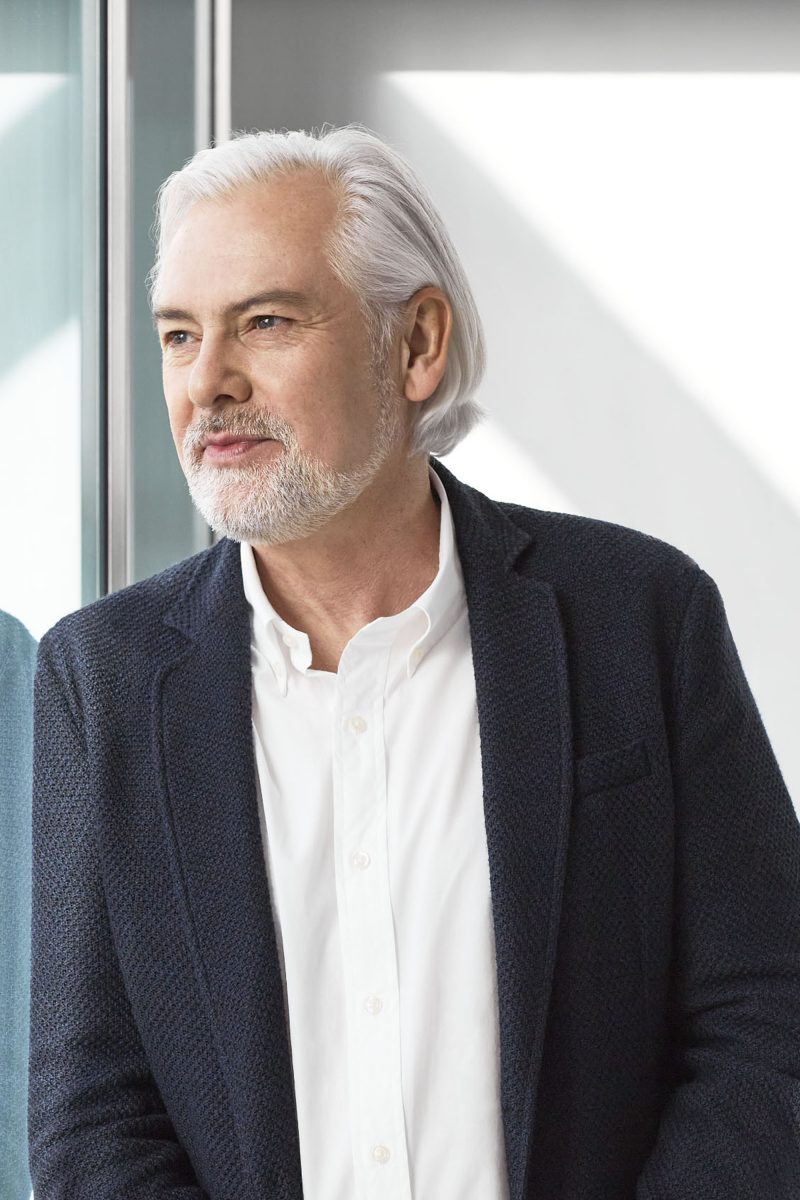Our goal is to become a majority smoke-free company in terms of net revenues by 2025

2021 has been and continues to be a challenging year but we remain on-track to deliver an excellent performance, with notable progress towards a smoke-free future. We continue to put significant efforts and investment into developing, scientifically assessing and commercializing products which are a much better alternative.
If you had to summarize this year, what would it look like? What are the biggest successes, has the crisis been felt in the tobacco industry?
I am deeply encouraged by the growing number of countries that are adopting and updating regulation of tobacco and nicotine products inspired by the growing scientific evidence that supports noncombustible alternatives. Countries such as the U.S., UK, New Zealand, Bulgaria, Greece, Italy, and Portugal have introduced regulation that encourages change from cigarettes to less harmful alternatives.
In addition to our priority on delivering a smoke-free future, we have started to expand our business for the long term outside of tobacco and nicotine and invest in pharma. This effort is sometimes faced with skepticism. The misplaced fear and resistance to change must be addressed. Politics and ideologies should not stand in the way of collaboration, and progress that benefits anyone.
We seem to be slowly emerging from a pandemic crisis. What do you think will be the biggest challenges next year?
If the pandemic has taught us anything, it’s that if we unite, we can progress faster. We know the open exchange of scientific information and evidence has been critical to tackling the pandemic.
Among the challenges is a growing scientific consensus between the public health bodies and regulators around scientifically substantiated innovative smoke-free alternatives. Another big challenge is providing adults who smoke with evidence-based information about these products. Otherwise, how can they decide to switch to a less harmful alternative if they do not quit altogether? They simply would continue to use cigarettes, the most harmful way of nicotine consumption..
“We started investing in science, technology and a consumer-centric organization to drive a dramatic paradigm shift”
Today, despite increasing prevention and cessation efforts—which, let’s be clear, should continue—consumer demand for cigarettes remains high. There are more than 1 billion smokers in the world, and according to the WHO, there will still be 1 billion smokers in 2025.
We continue to put significant efforts and investment into developing, scientifically assessing and commercializing products which are a much better alternative, for those adults would otherwise continue to smoke. Thus, our most advanced smoke-free product, IQOS is used by over 20 million users in 70 markets, and 73% of them left cigarettes behind.
Did 2021 accelerate change for the business?
At PMI, we have long embraced this mindset of driving positive change. In the last decade or so, we have shaken things up. Our ambition is to convince all adult smokers who would otherwise continue smoking to replace combustible tobacco products, like cigarettes, with noncombustible alternatives.
Such a dramatic paradigm shift does not happen in a day. Cigarettes have been our focus for almost two centuries. For PMI, it has required a complete change to our entire business model. We are essentially becoming a science and technology-driven company and transforming our business from the inside out.
What can you announce for 2022, what innovations and plans will be in focus?
To date, we have invested more than $8 billion USD in research, development, commercialization, and manufacturing capabilities for smoke-free products. We employ over 930 R&D positions, including scientists, engineers, technicians, and support staff, to continuously innovate and enhance our smoke-free portfolio. Innovation continues!
I am positive that with the right regulatory frameworks and societal support—we can see an end to cigarette sales in many countries within the next 10 to 15 years.